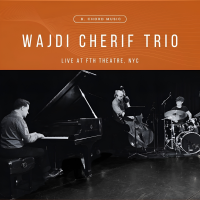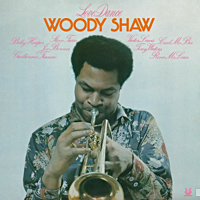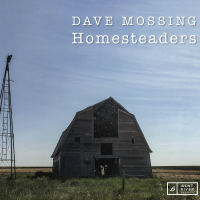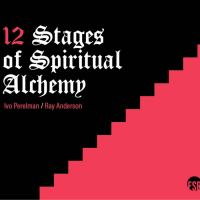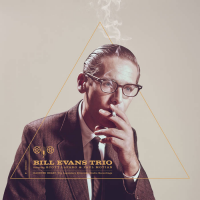Home » Jazz Articles » Album Review » Hiroshima: Little Tokyo
Hiroshima: Little Tokyo
Originating in Los Angeles, this Japanese-American ensemble has been a lesson in cultural diversity since its beginnings in 1974 and album debut in 1979. Hiroshima's music, though largely centered around the genre of smooth jazz, blends traditional Asian melodies with R&B, pop, African styles and some straightforward jazz. Often, several of these elements come together in a single track, which is the case through much of Little Tokyo.
The core band is comprised of Dan Kuramoto (saxophones, flutes, keyboards), ex-wife June Kuramoto( koto), Kimo Cornwell (keyboards, Rhodes, piano), Danny Yamamoto (drums), Shoji Kameda (taiko, percussion), Dean Taba (acoustic bass), Dean Cortez (bass) and a several guest musicians.
"Midnight Sun sets things off with Dan Kuramoto's brooding flute setting up June's koto, which brings the other instruments in. This Middle Eastern-inspired track features Kameda and Kenny Endo on taiko drums, one of several tracks with one or both musicians. Dan's tenor sax engages in a haunting, snake charmer solo.
Pieces of a Dream's James Lloyd wrote "Lanai, on which he also plays keyboards and synthesizers. This track, more so than most, has a strong smooth jazz feel. It's an upbeat groove, accented by the koto, Cornwell's elegant piano and Dan Kuramoto's tenor. The funky "Red Beans and Rice features the Kuramotos mostly, but Cortez's bass line and Yamamoto's drum licks help spice it up.
Han contributes to "Quan Yin (Goddess of Compassion), playing the ehru, a stringed instrument that sounds similar to the violin. Taba's acoustic bass helps give this track an old-school jazz feel, though the other instruments make it distinctively Eastern. Cornwell's solo on the Rhodes injects a bit of 1970s fusion, punctuated by Yamamoto's work on the toms and cymbals.
Over the years, Hiroshima has earned several awards: Odori (Razor and Tie, 1980) earned a Grammy nomination. Another Place (Sony/Epic, 1985) spawned the hit single "One Wish and became the group's first gold record. Go (Sony/Epic, 1987) topped the Billboard Contemporary Jazz Chart for three months and earned a Soul Train Award for Best Jazz Album of 1987. These honors are due in large part to the group's widespread appeal. That appeal remains strong with Little Tokyo.
Track Listing
Midnight Sun; On the Fence; Lanai; Red Beans and Rice; Sir Charles; Hidden Times; Shades of Honor; Quan Yin; Drama; Hiro Chill; Little Tokyo Underground.
Personnel
Hiroshima
band / ensemble / orchestraJune Kuramoto: koto; Dan Kuramoto: tenor and soprano saxophone, flute, keyboards, synthesizer, percussion, shakuhachi; Kimo Cornwell: piano, synthesizer, rhodes, clavinet; Danny Yamamoto: drums; Dean Cortez: bass; Shoji Kameda: taiko, percussion, voice; Dean Taba: acoustic bass (1, 6, 8, 10); Kenny Endo: taiko, percussion (1, 6-8, 11); Richie Gajate Garcia: conga, percussion (1, 5, 7, 8); James Lloyd: keyboards, synthesizers (2); Mary Garcia: coquito (5); Leslie Chew: guitars (9).
Album information
Title: Little Tokyo | Year Released: 2007 | Record Label: Heads Up International
Tags
About Hiroshima
Instrument: Band / ensemble / orchestra
PREVIOUS / NEXT
Support All About Jazz
 All About Jazz has been a pillar of jazz since 1995, championing it as an art form and, more importantly, supporting the musicians who make it. Our enduring commitment has made "AAJ" one of the most culturally important websites of its kind, read by hundreds of thousands of fans, musicians and industry figures every month.
All About Jazz has been a pillar of jazz since 1995, championing it as an art form and, more importantly, supporting the musicians who make it. Our enduring commitment has made "AAJ" one of the most culturally important websites of its kind, read by hundreds of thousands of fans, musicians and industry figures every month.









